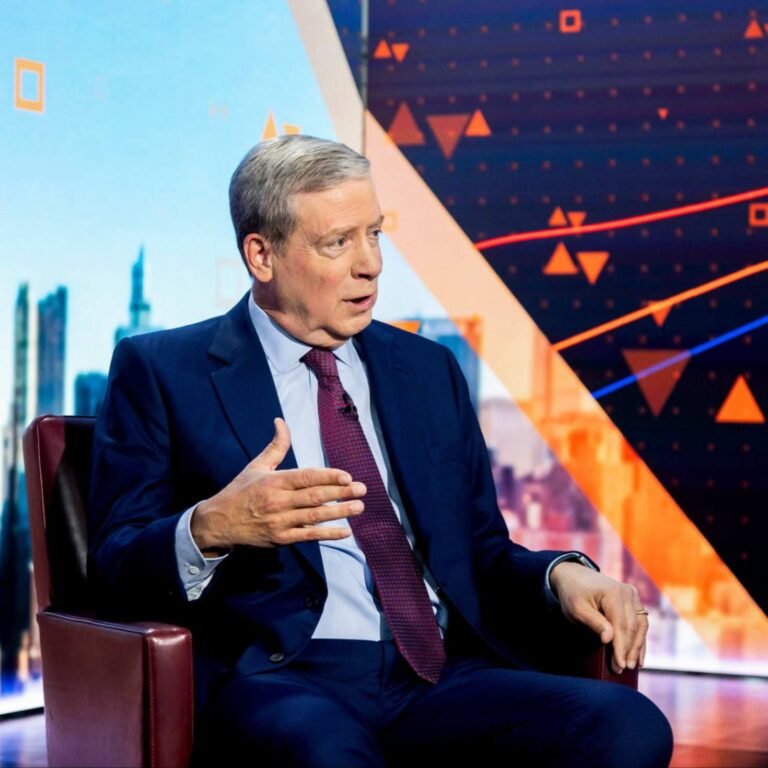As we stand on the cusp of unprecedented technological advancement, the conversation around the future of work has never been more urgent. Artificial intelligence (AI), automation, and digital transformation promise to revolutionize industries, unlocking efficiency and innovation at a scale once thought impossible. Yet, these advancements also challenge us to redefine the role of humanity in the workforce.
The question is not whether change is coming—it is already here—but how we can harness its potential while preserving the dignity and value of human labor. Balancing technological innovation with a commitment to social equity is a delicate act, but one that must be approached with foresight and responsibility.
The Promise of Progress
The benefits of technological advancement are undeniable. AI-powered tools have enhanced productivity in sectors ranging from manufacturing to healthcare. Automation has streamlined repetitive tasks, freeing employees to focus on creative and strategic pursuits. Meanwhile, remote work technologies have expanded opportunities, breaking down geographic barriers and enabling companies to tap into a global talent pool.
These transformations have created an exciting vision of a future where work is more flexible, efficient, and inclusive. For instance, AI-driven advancements in healthcare could allow doctors to diagnose diseases earlier and with greater accuracy, while autonomous vehicles could reduce traffic fatalities. The potential for innovation seems boundless.
But this utopian vision is not without its challenges. The same technologies that promise progress also threaten to displace millions of workers. A recent report by the World Economic Forum estimates that automation could disrupt 85 million jobs globally by 2025, even as it creates 97 million new roles. However, the transition to these new roles will require reskilling at a scale and pace that few economies are currently prepared for.
The Human Cost of Progress
Job displacement is only one piece of the puzzle. Technological progress often exacerbates existing inequalities, disproportionately impacting workers in low-income and low-skill roles. While well-educated professionals may pivot to new opportunities, those with limited access to education and training could be left behind. This growing digital divide has profound implications for social stability and economic equality.
Moreover, an over-reliance on automation risks dehumanizing workplaces. The intrinsic value of human interaction—creativity, empathy, and judgment—cannot be replicated by machines. As companies chase efficiency, they must avoid creating sterile environments where employees feel like cogs in a machine.
A Roadmap for the Future
To navigate this era of transformation, governments, businesses, and individuals must work together to forge a path that aligns technological progress with human well-being. Here’s how we can start:
- Invest in Education and Reskilling: Public and private sectors must prioritize lifelong learning initiatives, equipping workers with the skills they need to thrive in a tech-driven economy. This includes not only technical skills but also soft skills like critical thinking and emotional intelligence, which are uniquely human.
- Promote Ethical Technology Use: Companies should adopt ethical frameworks for deploying AI and automation. Transparency and accountability in decision-making processes will help build public trust while ensuring that technology serves humanity, not the other way around.
- Foster Public-Private Partnerships: Governments cannot tackle these challenges alone. Collaboration with the private sector will be essential to create policies and programs that support displaced workers, encourage innovation, and address systemic inequalities.
- Preserve the Human Element in Work: Businesses must recognize that people are their most valuable asset. Investing in workplace culture, fostering collaboration, and prioritizing employee well-being will be critical in maintaining a motivated and engaged workforce.
The Opportunity Before Us
The future of work is not a dystopian inevitability. It is a narrative that we can shape with thoughtful choices and bold actions. While the challenges are significant, so too is the potential for a more equitable and innovative world.
By striking a balance between technological innovation and humanity, we can create a future where progress uplifts everyone, leaving no one behind. But the time to act is now—before the promise of the future becomes a missed opportunity.
Xiantao studies Sociology and Data Science at UC Berkeley. He writes on Hong Kong, U.S.-China relations, and technology.






